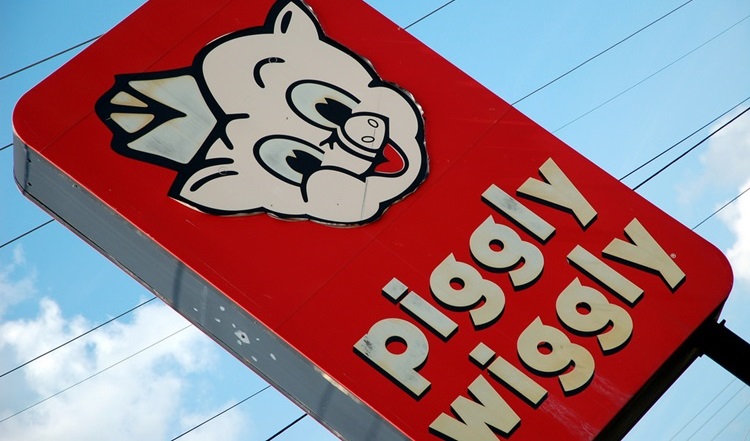In June, a Piggly Wiggly in Antioch became one of the first full-service grocery stores in the state of Illinois to offer video gambling potentially opening new wagering possibilities for northeastern Illinois.
Owner David Karczewski added four of the video gambling machines after the Illinois Gaming Board received his application on March 9 to install them. The license was approved by the end of May and the following month the machines went live, Karczewski told the Chicago Daily Herald.
Prior to that, and making the gaming license possible, the Piggly Wiggly’s new liquor license to serve alcohol inside the store was unanimously approved less than a week after Karczewski told the village board on Jan. 11 that he had no plans to install gambling machines, but made note that under state law it was an option, according to the news agency.
According to Antioch village officials, Karczewski pays $250 a year plus the $2,000 he pays for the license that allows him to sell alcohol in his store for off-site consumption.
In accordance with state law, up to five video gambling machines are allowed at “any licensed retail establishment where alcoholic liquor is drawn, poured, mixed, or otherwise served for consumption on the premises.” Gaming records reportedly show that in downstate Illinois, there are two full-service grocery stores that have video gambling licenses, but that there are currently none in the suburbs.
While Karczewski says the machines offer him a way to compete with big grocery store chains as well as Wisconsin, which besides a few exceptions, the sale of food for human consumption is not taxed, he told the Daily Herald that the video gambling machines weren’t really a part of the plan. He went on to say that he hasn’t received “any negative response from any shoppers”.
Critics say that offering video gambling machines in grocery stores was never the state legislature’s intention. Echoing that sentiment, some Antioch leaders say it wasn’t their intention to add gambling machines, either.
There are few limits in the state’s vague law but apparently once a county or municipality that permits video gambling issues a liquor license for on-site consumption, there isn’t anything that can be done to prevent the establishment from installing as many as five video gaming machines.
In early May, the Antioch board reportedly passed a resolution requesting the state modify the law to give greater oversight to local governments over what type of businesses are eligible to receive video gambling licenses.
Antioch Mayor Larry Hanson, said, “The (Piggly Wiggly) proposal itself was a unique thing that was intended to help a local business stay afloat in difficult times.” The Mayor added, “I would have preferred to add a clause that prevented gaming, but … that was not an option. Overall, I think the business benefits the community, despite the gaming.”
Business owners, local governments, the state and terminal operators, the companies that own the video gambling machines, reportedly split the revenue from them. The business owners and terminal operators each get 35 percent of the revenue, while 25 percent goes to the state and 5 percent goes to the local government.
The Chicago Daily Herald reports that the 61 machines located at Antioch’s 13 businesses netted almost $3.5 million from June 2016 through May of this year. Of that, Antioch reportedly received less than $175,000. According to the report, there are dozens of machines with Antioch mailing addresses in Lake County that generated millions of dollars more, but gaming records show that revenue goes to the county.
Revenue records from the Antioch Piggly Wiggly’s first month of offering video gambling aren’t yet available but according to Karczewski, the machines have been “busy.”
Former state Sen. Michael Bond is Piggly Wiggly’s terminal operator and reportedly also now owns Tap Room Gaming LLC, according to records kept by the Secretary of State’s Office. In the region, more than 200 establishments have Tap Room Gaming- operated machines, which reportedly generate millions of dollars annually.
The news agency reports that its attempts to reach Bond for comment were unsuccessful.



